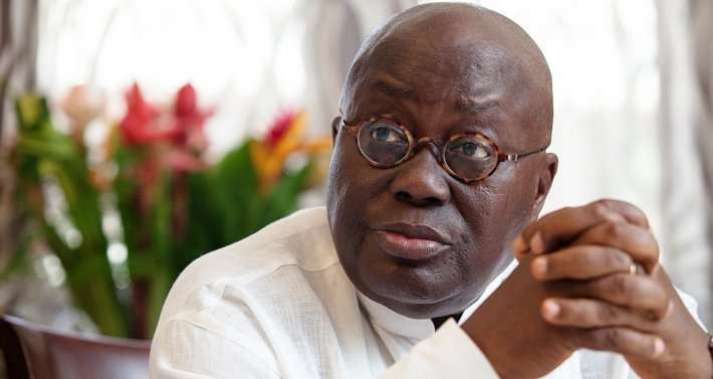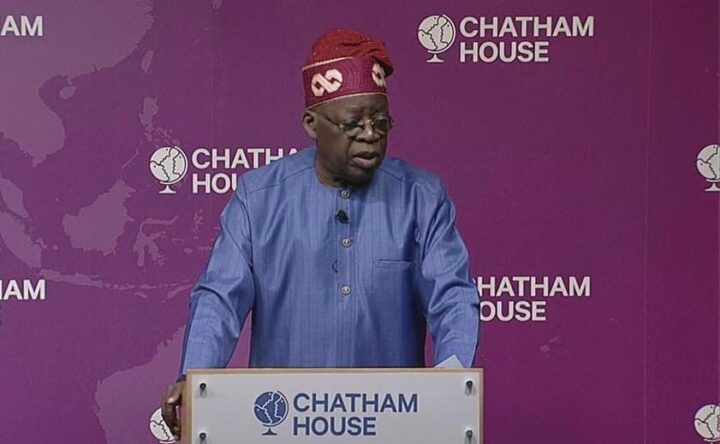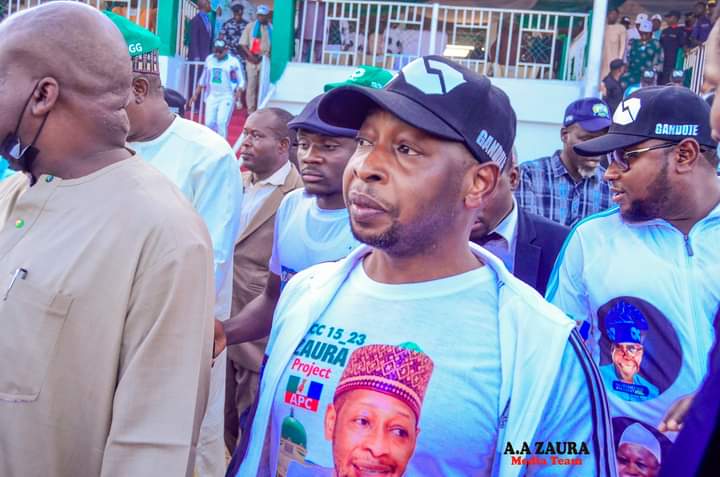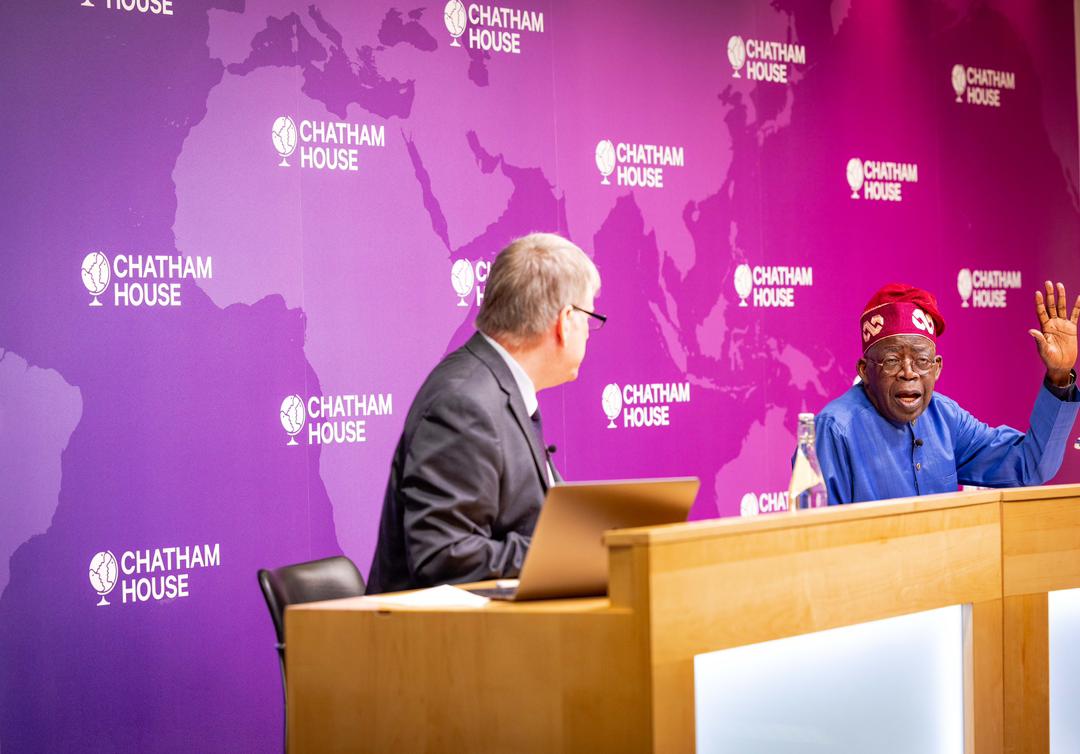The Ghanaian government has asked domestic bondholders to exchange their instruments for new ones.
In a statement issued on Sunday, Ken Ofori-Atta, Ghana’s finance minister, said existing domestic bonds would be exchanged for a set of four new bonds maturing between 2027 and 2037.
He said the new domestic debt exchange will begin on Monday, December 5, 2022.
The programme is part of the country’s efforts to restructure its debts to qualify for IMF assistance.
Advertisement
An IMF team is currently in Ghana for discussions on the economic support package.
The finance minister further expressed optimism that the programme would help the government restore macroeconomic stability.
“In the Budget Statement presented to Parliament on November 24th, I announced that government will undertake a debt operation programme.The broad contours of the Debt Sustainability Analysis has been concluded and I am here this evening to provide some details on Ghana’s Domestic Debt Exchange which will be launched tomorrow. External debt restructuring parameters will be presented in due course,” the statement reads.
Advertisement
“Under the Programme, domestic bondholders will be asked to exchange their instruments for new ones. Existing domestic bonds as of 1st December 2022 will be exchanged for a set of four new bonds maturing in 2027, 2029, 2032 and 2037. The annual coupon on all of these new bonds will be set at 0% in 2023, 5% in 2024 and 10% from 2025 until maturity. Coupon payments will be semi-annual.
“Our commitment to Ghanaians and the investor community, in line with negotiations with the IMF, is to restore macroeconomic stability in the shortest possible time and enable investors to realize the benefits of this Debt Exchange.”
Ofori-Atta added that an external debt restructuring programme would be presented later.
The finance minister said the government had worked to minimise the swap impact on investors holding government bonds, especially small investors and other vulnerable groups.
Advertisement
He said in line with that, treasury bills would be completely exempted and all holders would be paid the full value of their investments on maturity.
“There will be NO haircut on the principal of bonds. Individual holders of bonds will not be affected,” he added.
The minister said the government recognised banks and financial institutions hold a large amount of local government debt, but regulatory agencies and the central bank would help ease the impact on them.
“The Bank of Ghana, the Securities & Exchange Commission, the National Insurance Commission, and the National Pensions Regulatory Authority will ensure that the impact of the debt operation on your financial institution is minimized, using all regulatory tools available to them,” the statement adds.
Advertisement
“A Financial Stability Fund (FSF) is being established by government with the help of development partners to provide liquidity support to banks, pension funds, insurance companies, fund managers, and collective investment schemes to ensure that they are able to meet their obligations to their clients as they fall due.
“These are difficult times and we count on the support of all Ghanaians and the investor community to make the exercise successful.
Advertisement
“We are confident that these measures will contribute to restoring macroeconomic stability.”
Advertisement
Add a comment






